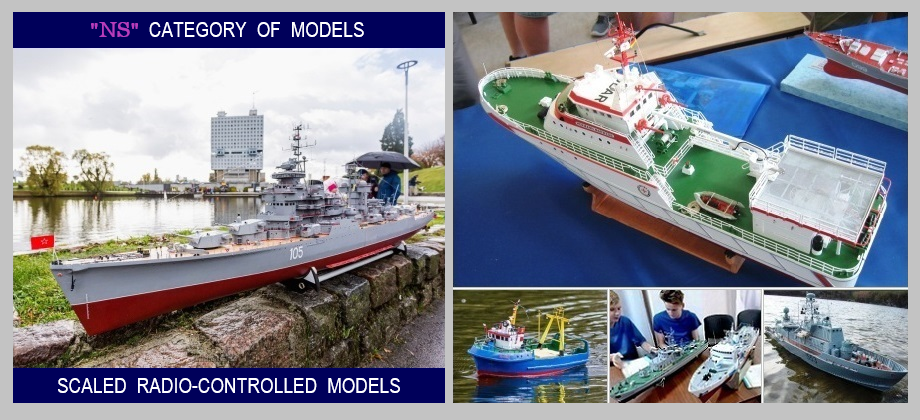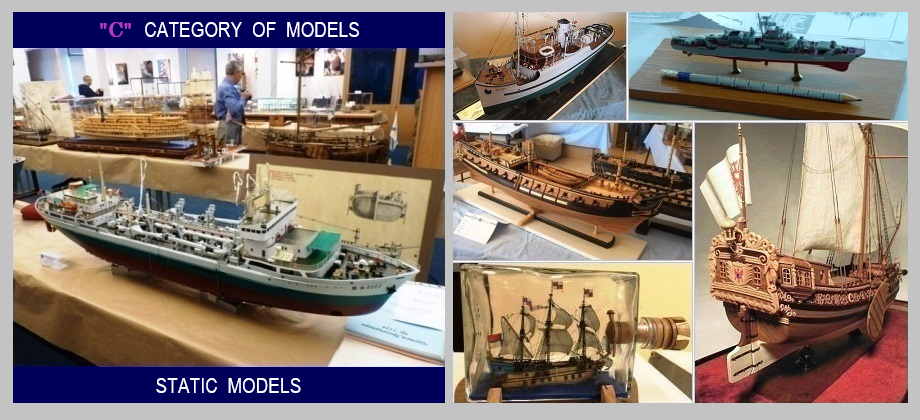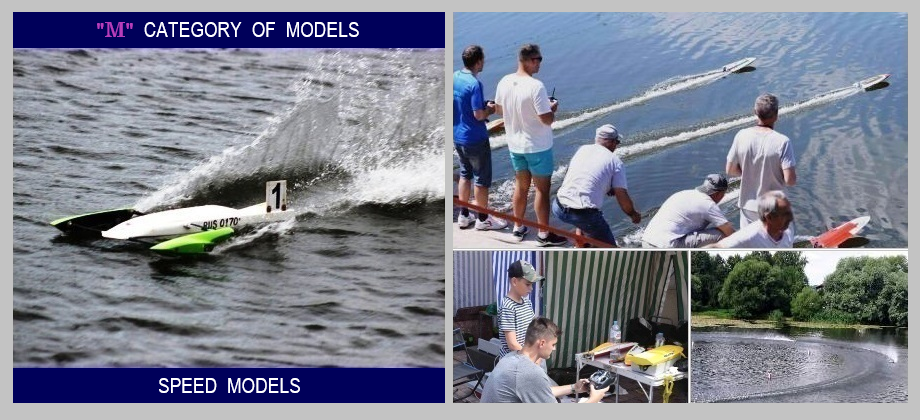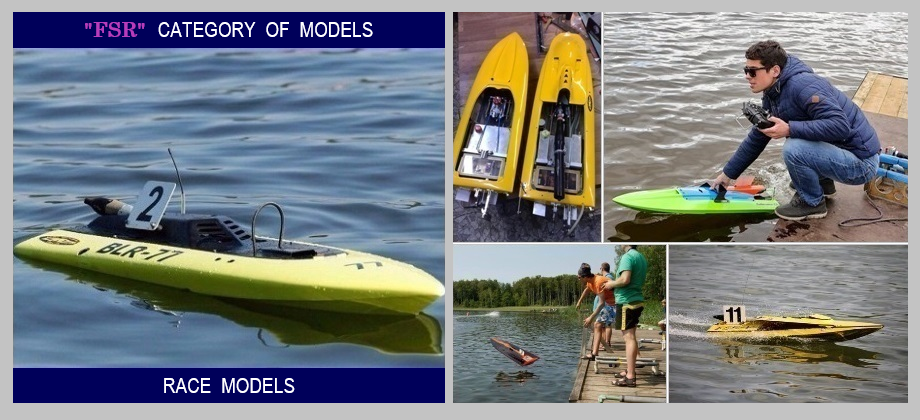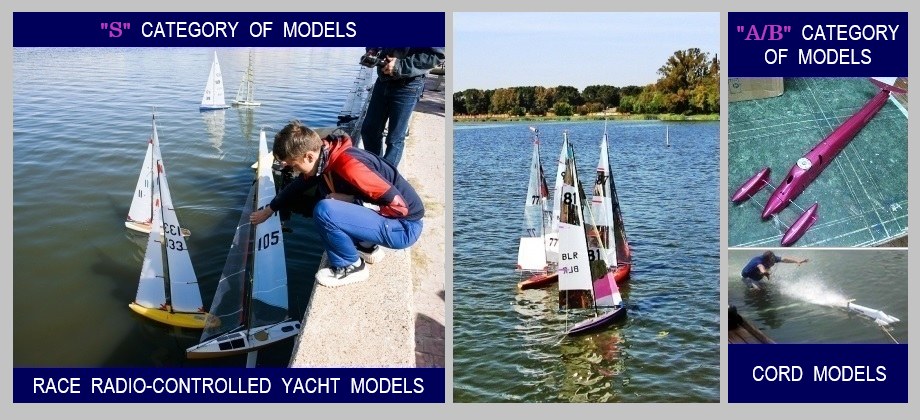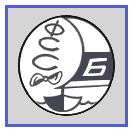► OUR MISSION IS UNITING PEOPLE TO ACTIVELY DEVELOP ALL AREAS OF SHIPMODELING SPORT TOGETHER !
This section contains the information about seminars, exhibitions and other SMSIF events in addition to sports competitions held by the Federation.
02.11.2025
The seminar for ship modeling sport judges in static classes
November, 2nd 2025 – the seminar for the sports judges was held within the framework of “Tsemes Bay Cup” International Shipmodeling Sport Competition among static models.
Dmitriy Kalmykov, acting as Chief Judge of the Competition and himself Judge of International Category, led the seminar.
The seminar participants exhaustively examined the project of the new version of Section C Rules developed for the Federation of Shipmodeling Sport of Russia (FSMR).
The document had been developed by the initiative group with Alexander Siventsev (Section C leader) as its head.
The new version the Rules brings the model evaluation criteria in compliance with the SMSIF Rules and, for the most part, harmonizes the list of static subclasses.
The discussion resulted in a new suggestion, namely, to introduce C-7C subclass within C-7 Class (paper and cardboard models).
The subclass should include series of models (at least three units), cross-sections and dioramas based on paper models.
Dmitriy Kalmykov, for his part, suggested developing C-8 Class (models from combined kits) which is quite popular among modelers.
Likewise, the idea is to introduce C-8C subclass into the SMSIF Rules (series, cross-sections and dioramas).
The above-mentioned subclass has been added to the new version of SMSIF Rules, and “Tsemes Bay Cup-2025” has already seen the first dioramas which correspond to the subclass criteria.
It is maintained that C-8C subclass will be introduced as a demonstration class at the World Shipmodeling Cup-2026 and a number of other international competitions.
Should the subclass fully participate at international events in 2026 (that means, include at least 4-5 competitors), it will be officially included in the SMSIF Rules.
This measure should, in its turn, persuade even more modelers to come to the competitions with new models.
